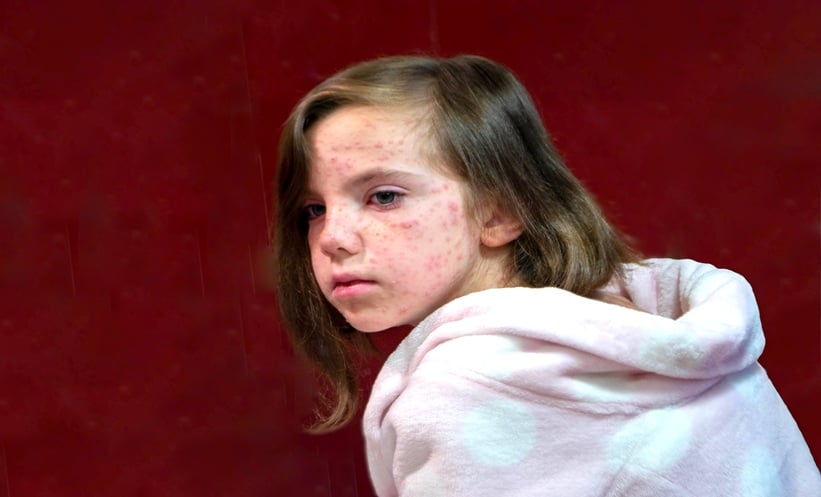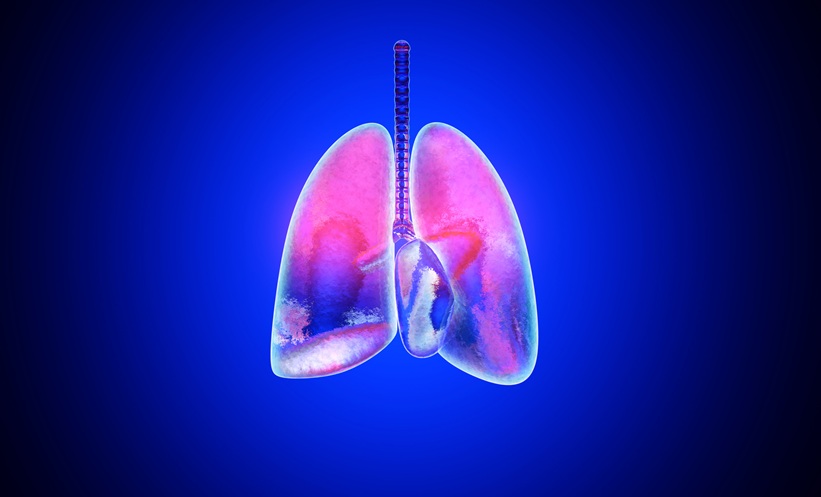NEW research has identified clinical features that may predict resistance to colchicine in patients with the syndrome of undifferentiated recurrent fever (SURF), offering potential guidance for more targeted treatment approaches. The findings also highlight the role of interleukin-1 (IL-1) inhibitors in managing refractory cases.
SURF is characterized by recurrent fever episodes in the absence of a confirmed monogenic cause. Its heterogeneity has made diagnosis and management challenging, with limited data on treatment response predictors. In a longitudinal analysis of 101 patients enrolled in the Eurofever Registry, investigators examined demographic, clinical, and therapeutic factors to better define the condition’s spectrum and to identify markers of treatment resistance.
The most frequently reported symptoms included fever, arthralgia, abdominal pain, and myalgia. Approximately one-third of patients displayed PFAPA-like features, such as lymphadenopathy, tonsillitis, and oral aphthae, albeit sporadically. Among the 77 patients who received colchicine, 61% experienced a complete response. Univariable analysis revealed that PFAPA-like features, particularly aphthous stomatitis, cervical lymphadenopathy, and exudative tonsillitis, were associated with reduced colchicine efficacy. Multivariable analysis confirmed aphthous stomatitis as an independent predictor of resistance (p=0.014). Tonsillectomy provided no therapeutic benefit.
For patients who were colchicine-resistant, IL-1 blockade with agents such as anakinra and canakinumab demonstrated clinical benefit, underscoring their role as effective alternatives. Further, cluster analysis identified three distinct patient subgroups with varying symptom patterns and treatment responses, reinforcing the notion that SURF encompasses a spectrum of clinical presentations.
These results emphasize the importance of recognizing early indicators of colchicine resistance and tailoring therapy accordingly. The authors suggest that refining diagnostic criteria and adopting a more individualized treatment approach could improve outcomes for patients with this complex, heterogeneous syndrome.
Reference:
Palmeri S et al. Predictive factors for therapeutic response and cluster analysis in syndrome of undifferentiated recurrent fever (SURF). RMD Open. 2025;11:e005874.








